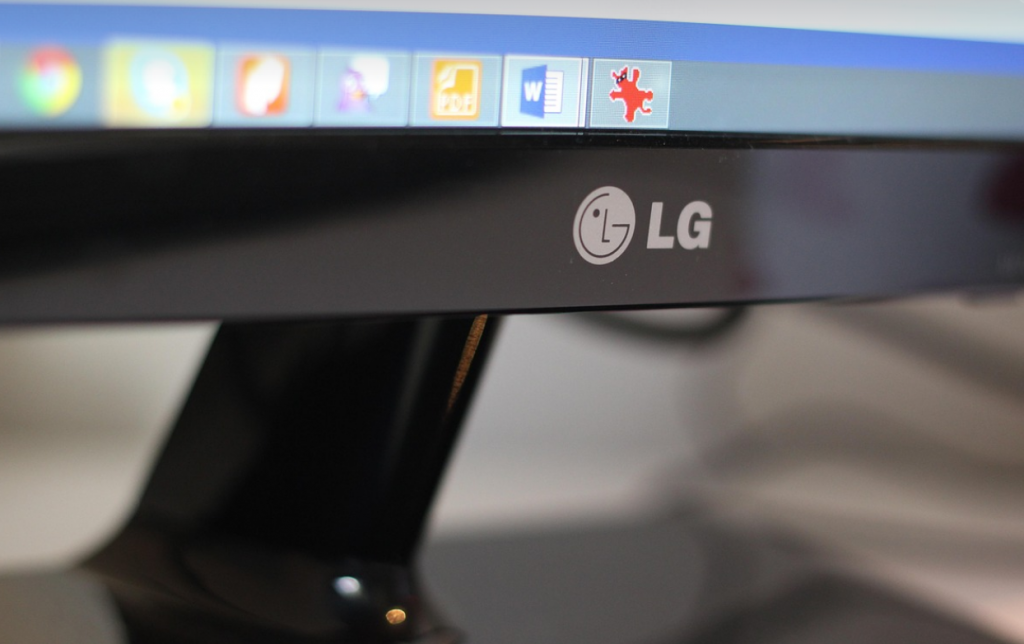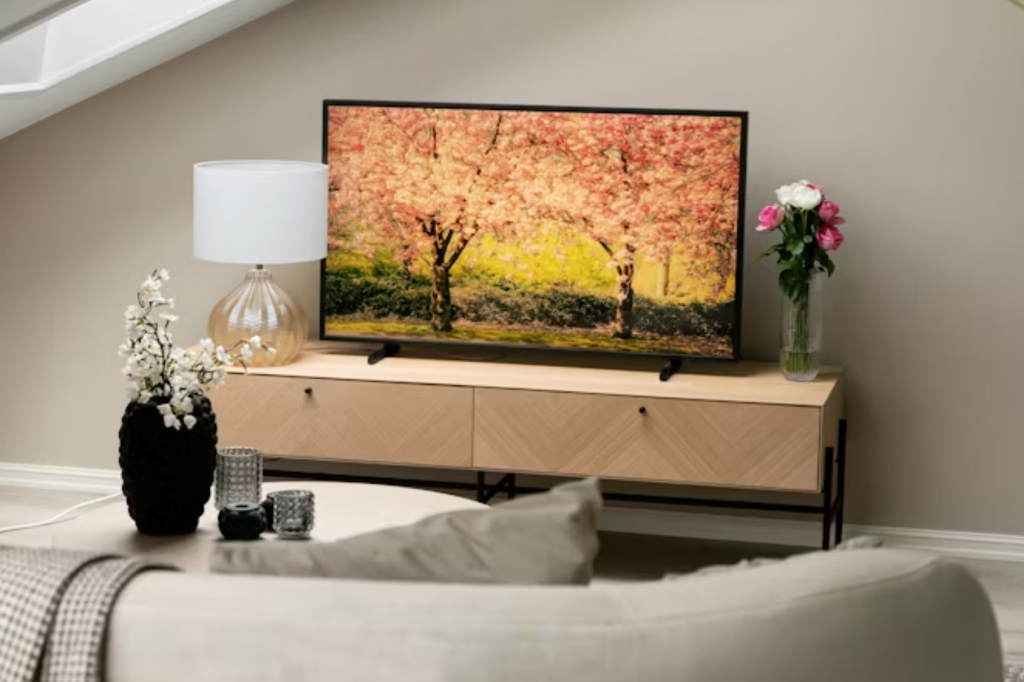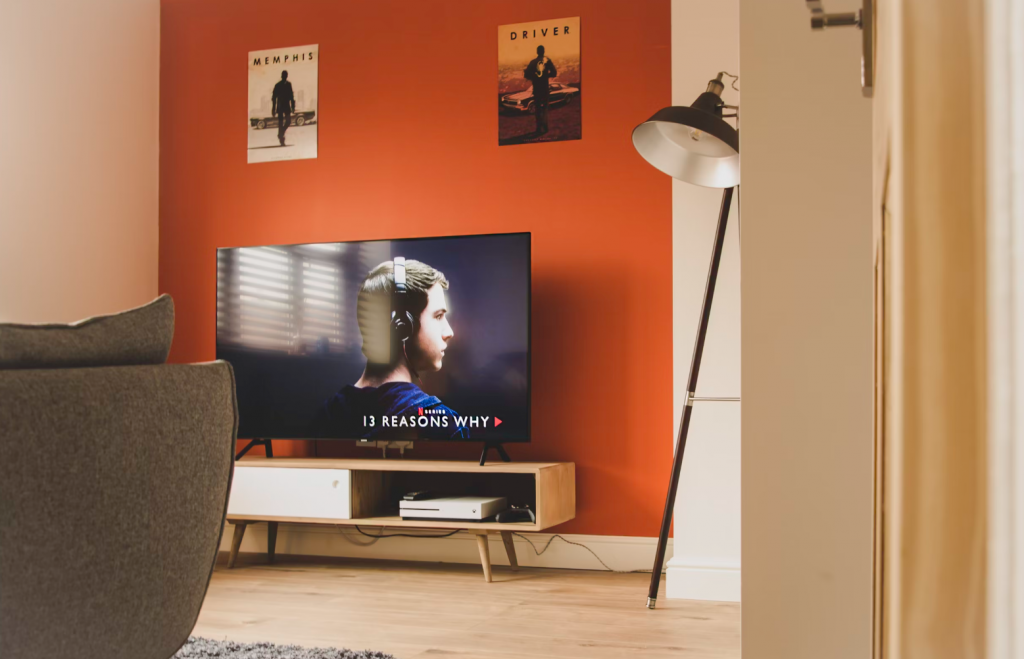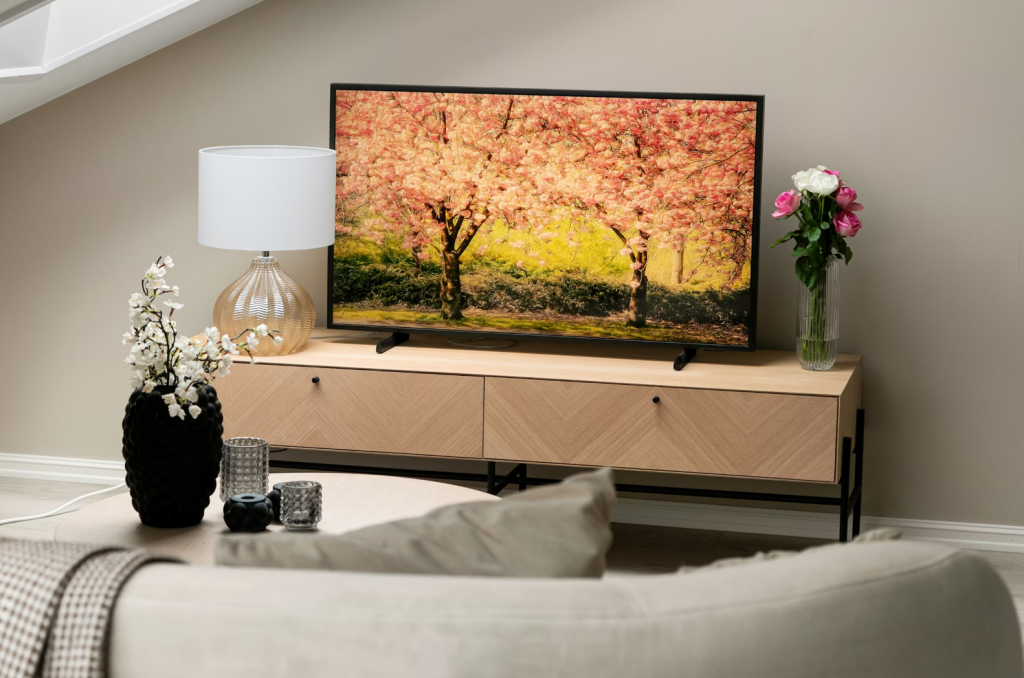Introduction: Choosing the Best TV for Bright Rooms
When shopping for a new TV, one of the most crucial factors to consider is how it will perform in your specific living environment. For those with bright rooms, this becomes even more important. A TV that works well in dark environments might not cut it when sunlight floods your living space. If you’re torn between Samsung The Frame and LG OLED, two popular choices, it’s important to weigh their pros and cons in terms of brightness, picture quality, and overall performance in a bright room setting.
In this article, we will dive deep into these two models, comparing them across various factors that affect performance in well-lit spaces. Let’s break it down to find out which TV stands out for your bright room!
Understanding Key TV Technologies
Before jumping into the comparison, let’s briefly understand the technologies behind these two TV models:
What is Samsung The Frame?
Samsung’s The Frame is a unique blend of television and art. It is designed with aesthetics in mind, offering a picture frame-like appearance. When not in use as a TV, it can display artwork or photos, making it an ideal choice for those who want their TV to double as a piece of décor. Samsung uses QLED technology, which enhances the brightness and color volume, making The Frame stand out in brighter rooms.
What is LG OLED?
On the other hand, LG OLED TVs feature organic light-emitting diodes (OLED), which provide exceptional contrast ratios. Each pixel on an OLED TV can turn on and off independently, allowing for perfect blacks and outstanding picture quality. OLED is widely regarded for its superior contrast, color accuracy, and sleek design. However, its performance in bright rooms may vary compared to a TV like Samsung’s The Frame.
Design Comparison: Aesthetic Appeal in Bright Rooms
When it comes to TVs in bright rooms, design plays an important role beyond just performance. Let’s look at the aesthetic appeal of each TV.
Samsung The Frame Design
Samsung’s The Frame is a work of art, literally. The minimalist design and the ability to display art or photos when not in use make it perfect for bright rooms. Its ultra-slim profile and customizable bezels allow it to blend seamlessly into your living space. It’s an excellent choice for those who care about both form and function.
LG OLED Design
The LG OLED design is sleek and modern, with ultra-thin panels that look great in any room. While it’s not as customizable as Samsung The Frame, its high-quality construction and slim bezels give it a premium feel. The design might not offer the same décor versatility as The Frame, but its minimalistic look still makes it a standout in terms of elegance.
Picture Quality in Bright Rooms
Now, let’s talk about what matters most – picture quality. Bright rooms present unique challenges, especially when it comes to TV brightness, contrast, and glare. How do both these models handle those challenges?
Samsung The Frame: Bright Room Performance
Samsung’s The Frame uses QLED technology, which is known for its ability to produce bright, vivid colors. The high peak brightness ensures that the image remains vibrant, even in well-lit rooms. However, while QLED displays deliver impressive colors and brightness, they can sometimes struggle to achieve the same level of contrast as OLED displays, particularly in dark scenes.
LG OLED: Bright Room Performance
LG’s OLED technology, while offering superior contrast with true blacks, can sometimes fall short in extremely bright environments. The deep blacks that OLED is famous for may look a little washed out when there is excessive ambient light. However, LG’s OLED technology still provides excellent overall picture quality with fantastic color accuracy and a wide viewing angle.

Brightness Levels: Which TV Performs Better?
Brightness plays a crucial role in a TV’s performance in bright rooms. Let’s compare the brightness levels of these two models.
Samsung The Frame Brightness
Samsung’s QLED technology in The Frame allows for higher peak brightness compared to OLED. This is beneficial in bright rooms where the ambient light can wash out the picture. The high brightness ensures that the TV’s picture remains vibrant, even when sunlight is pouring in.
LG OLED Brightness
While LG OLED TVs have excellent contrast, they generally do not achieve the same level of peak brightness as Samsung’s QLED technology. In bright rooms, this can be a disadvantage. The darker blacks that OLED offers can sometimes struggle to stand out under intense lighting, making it more suitable for dimmer environments.
Viewing Angles and Reflection Control
Another important aspect of TV performance in bright rooms is viewing angles and reflection control. Let’s see how both TVs handle this.
Samsung The Frame: Managing Reflections
Samsung’s QLED TVs are known for their anti-reflection capabilities. The Frame performs decently well in managing reflections, and its high brightness helps mitigate any glare from windows or lights in the room.

LG OLED: Managing Reflections
LG OLED TVs, with their self-lighting pixels, generally provide superior viewing angles and excellent anti-glare performance. OLED’s ability to display true blacks and superior contrast helps reduce the impact of reflections, making it an excellent choice for those who might have a lot of natural light.
Motion Handling: Which TV is Smoother?
For sports fans and action movie lovers, motion handling is crucial. Here’s how both TVs perform in this area.
Samsung The Frame Motion Handling
Samsung The Frame uses QLED technology, which ensures smooth motion during fast-moving scenes. The TV’s refresh rate is good, but it may not be quite as fast as LG OLED in terms of pixel response times.

LG OLED Motion Handling
LG OLED TVs are renowned for their ability to handle motion with ease. The individual self-lighting pixels offer incredible response times, ensuring a smooth viewing experience, even with fast action. This makes LG OLED the better choice for those who prioritize smooth motion handling.
Smart Features and User Interface
Both TVs come with smart features, but how do they compare?
Samsung The Frame: Smart TV Features
Samsung’s Tizen OS offers a robust selection of apps and a user-friendly interface. The Frame also integrates with smart home devices and supports voice commands, making it a great choice for tech-savvy users.
LG OLED: Smart TV Features
LG’s webOS platform is sleek and easy to navigate. It offers a wide range of apps, voice control, and compatibility with smart home devices. LG’s platform is equally competitive, providing users with seamless access to content.

Price Comparison: Is the Premium Worth It?
When it comes to price, both these TVs sit at the premium end of the market.
Samsung The Frame Pricing
Samsung’s The Frame is generally priced higher due to its unique design and QLED technology. The additional cost comes with the artistic display options, but it might not be the best choice for those on a budget.
LG OLED Pricing
LG OLED TVs are also premium-priced due to their superior picture quality and cutting-edge technology. However, for those who are willing to pay more for top-tier performance, LG OLED could be a worthwhile investment.
Conclusion: Which TV is Better for Bright Rooms?
So, which TV is better for bright rooms? It depends on your priorities. If you value design, brightness, and the ability to display artwork when the TV is not in use, Samsung The Frame is the better choice. Its high brightness and vivid colors make it well-suited for bright environments.
However, if you prioritize picture quality, contrast, and viewing angles, LG OLED stands out. While OLED’s brightness might not match QLED in bright rooms, the superior contrast and color accuracy will still provide an excellent viewing experience, particularly if you can manage the lighting.
Frequently Asked Questions (FAQs)
- Can Samsung The Frame handle bright sunlight? Yes, thanks to its high brightness levels and QLED technology, The Frame can perform well in bright rooms with direct sunlight.
- Is LG OLED good for daytime viewing? LG OLED provides great picture quality but may struggle in very bright rooms due to lower peak brightness. It’s better for darker environments.
- Which TV is better for sports? LG OLED is better for sports due to its superior motion handling and smooth performance in fast-moving scenes.
- Does Samsung The Frame support 4K resolution? Yes, Samsung The Frame supports 4K resolution and offers excellent clarity for high-definition content.
- Is OLED better than QLED for dark rooms? Yes, OLED offers superior contrast with perfect blacks, making it ideal for dark rooms where picture quality and depth matter most.



